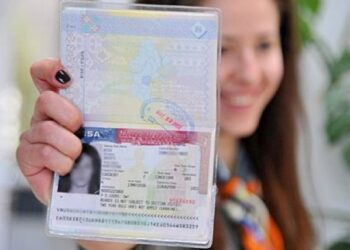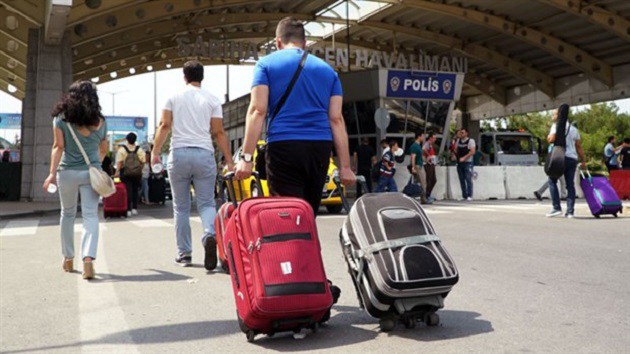Yusuf İnan, a Turkish national, was abducted by the agents of Turkey’s notorious National Intelligence Organisation (MİT) in Ukraine and transported to Turkey on Sunday over his alleged links to the Gülen movement.
Turkey’s state-run Anadolu news agency (AA) has identified Yusuf İnan as a social media expert, who fled to Ukraine after the controversial coup attempt on July 15, 2016. AA claimed that İnan tried to discredit some political figures and state officials in Turkey by carrying out a “perception operation” on social media.
AA also reported that İnan was also wanted in western İzmir province for allegedly being a member of the Gülen movement.
On Thursday, two people, İsa Özdemir, who was abducted in Azerbaijan, and Salih Zeki Yiğit, who was abducted in Ukraine by MİT, were brought to İstanbul. Özdemir and Yiğit have also suspected of being members of the Gülen movement. Turkish intelligence officers last March had abducted six alleged members of the movement in Kosovo.
MİT agents have abducted 80 Turkish nationals from 18 countries so far over their alleged links to the Gülen movement, Deputy Prime Minister Bekir Bozdağ said in April. Turkish Interior Minister Süleyman Soylu said on Jan. 5, 2018 that 234,419 passports have been revoked as part of investigations into the Gülen movement since a coup bid in 2016.
Turkey survived a controversial military coup attempt on July 15, 2016 that killed 249 people. Immediately after the putsch, the Justice and Development Party (AKP) government along with President Recep Tayyip Erdoğan pinned the blame on the Gülen movement.
Fethullah Gülen, who inspired the movement, strongly denied having any role in the failed coup and called for an international investigation into it, but President Erdoğan — calling the coup attempt “a gift from God” — and the government initiated a widespread purge aimed at cleansing sympathizers of the movement from within state institutions, dehumanizing its popular figures and putting them in custody.
Turkey has suspended or dismissed more than 150,000 judges, teachers, police and civil servants since July 15. On December 13, 2017 the Justice Ministry announced that 169,013 people have been the subject of legal proceedings on coup charges since the failed coup.
Turkish Interior Minister Süleyman Soylu announced on April 18, 2018 that the Turkish government had jailed 77,081 people between July 15, 2016 and April 11, 2018 over alleged links to the Gülen movement.





















